Entrepreneurs
Why Warren Buffett Is So Successful
Warren Buffett is an American investor, business magnate and philanthropist. Buffett is the CEO and Chairman of Berkshire Hathaway, the most successful investor of the 20th Century and he is consistently ranked among the world’s richest people.
Buffett has been consistently referenced for his investing prowess, his frugality and his amazing philanthropic work. He plans to give away ninety-nine per cent of his billions to charitable causes.
Warren Buffett’s Early Years
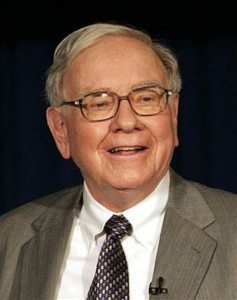 Even as a young boy Warren Buffett displayed skills in making and saving money. He would sell Coca-Cola, chewing gum and magazines door-to-door and he worked in his grandfather’s grocery store. In high school Buffett was making money through the sale of stamps and newspapers among other things. When completing his first ever income tax return, at the age of fourteen he took a $35 deduction for using his watch and bicycle on his paper route. At the age of fifteen Buffett pooled his resources with a friend to buy a pinball machine and place it in a Barbers. After a few months they owned several machines across several shops.
Even as a young boy Warren Buffett displayed skills in making and saving money. He would sell Coca-Cola, chewing gum and magazines door-to-door and he worked in his grandfather’s grocery store. In high school Buffett was making money through the sale of stamps and newspapers among other things. When completing his first ever income tax return, at the age of fourteen he took a $35 deduction for using his watch and bicycle on his paper route. At the age of fifteen Buffett pooled his resources with a friend to buy a pinball machine and place it in a Barbers. After a few months they owned several machines across several shops.
Warren Buffett’s estimated net worth is $73.3 Billion.
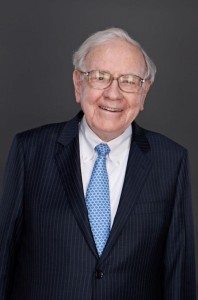 Buffett’s interest in investing in the stock market also started as a schoolboy when he would spend time in the client lounge of a regional stock brokerage office near his father’s office. At ten years of age he visited the New York Stock Exchange and at eleven he purchased three shares of Cities Service for himself and three for his sister. In high school, he invested in a business that his father purchased and also bought a farm that was worked by a tenant farmer.
Buffett’s interest in investing in the stock market also started as a schoolboy when he would spend time in the client lounge of a regional stock brokerage office near his father’s office. At ten years of age he visited the New York Stock Exchange and at eleven he purchased three shares of Cities Service for himself and three for his sister. In high school, he invested in a business that his father purchased and also bought a farm that was worked by a tenant farmer.
At nineteen Buffett graduated from University with a Bachelor of Science degree in business administration before progressing to earn a Master’s in Economics from Columbia after being rejected by Harvard Business School. He chose the Columbia Business School after finding out that Benjamin Graham, a well respected investor worked there.
Warren Buffett’s Career
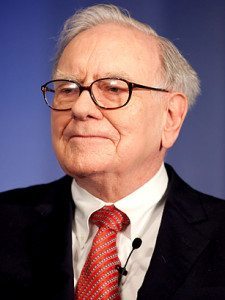 When Buffett graduated, Graham refused to hire him, saying that he should avoid a career on Wall Street. This was something that Buffett’s father agreed with and Buffett returned to his hometown of Omaha to work for his father’s brokerage firm. Shortly after Buffett’s marriage, Graham had a change of heart and offered him a job in New York.
When Buffett graduated, Graham refused to hire him, saying that he should avoid a career on Wall Street. This was something that Buffett’s father agreed with and Buffett returned to his hometown of Omaha to work for his father’s brokerage firm. Shortly after Buffett’s marriage, Graham had a change of heart and offered him a job in New York.
Once he had arrived in New York, Buffett had the opportunity to test and develop the theories he had learned from Graham during his studies. The centrepiece of these theories was ‘Value Investing‘ which involved looking for stocks that were selling at a large discount when compared to the value of their underlying assets. Buffett took on this concept and made it his own by looking beyond the numbers and considering the company’s management team and their competitive advantage in the marketplace.
“It takes 20 years to build a reputation and five minutes to ruin it. If you think about that, you’ll do things differently.” – Warren Buffett
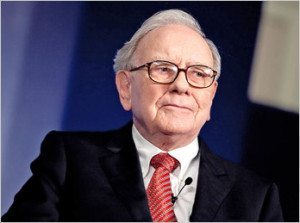 Buffett launched Buffett Associates Limited in 1956 on his return to Omaha. By 1962 Buffett was already a millionaire and went on to enter into a collaboration with Charlie Munger. This partnership resulted in the two of them developing an investment philosophy based on Buffett’s broader view of value investing. They purchased Berkshire Hathaway, a struggling textile mill on this journey and what looked like a classic Graham style value move actually turned into a long term investment when the business showed signs of improvement. They used the cash flow from the improving textile business to finance further investments with the original business surpassing the other holdings. Buffett closed the business in 1985 but chose to keep the now famous name.
Buffett launched Buffett Associates Limited in 1956 on his return to Omaha. By 1962 Buffett was already a millionaire and went on to enter into a collaboration with Charlie Munger. This partnership resulted in the two of them developing an investment philosophy based on Buffett’s broader view of value investing. They purchased Berkshire Hathaway, a struggling textile mill on this journey and what looked like a classic Graham style value move actually turned into a long term investment when the business showed signs of improvement. They used the cash flow from the improving textile business to finance further investments with the original business surpassing the other holdings. Buffett closed the business in 1985 but chose to keep the now famous name.
Becoming a Billionaire
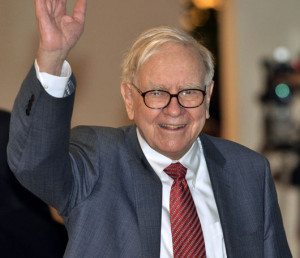 The Warren Buffett investment philosophy evolved to be based on the idea of purchasing stock in well run, undervalued companies with the intention of holding the securities indefinitely. Giants like Coca-Cola, American Express and the Gillette Company all met his criteria and remained in the Berkshire Hathaway portfolio for many years. In several cases he bought the companies outright and let their management teams carry on running the companies. Companies that are in this category include See’s Candies, Fruit of the Loom, GEICO Auto Insurance and Dairy Queen.
The Warren Buffett investment philosophy evolved to be based on the idea of purchasing stock in well run, undervalued companies with the intention of holding the securities indefinitely. Giants like Coca-Cola, American Express and the Gillette Company all met his criteria and remained in the Berkshire Hathaway portfolio for many years. In several cases he bought the companies outright and let their management teams carry on running the companies. Companies that are in this category include See’s Candies, Fruit of the Loom, GEICO Auto Insurance and Dairy Queen.
Buffett became a billionaire when Berkshire Hathaway began selling class A shares in the middle of 1990 with the market closing at $7,175 per share. His reputation remained solid until technology stocks increased in popularity. As a self-confessed technophobe, Buffett opted out of the incredible rise of technology stocks during the latter part of the 1990’s and decided to continue to only invest in companies that met is criteria. Buffett was heavily criticised for this but many of the Wall Street experts responsible for this criticism went bankrupt when the dotcom bubble burst and Buffett’s profits doubled.
“It’s better to hang out with people better than you. Pick out associates whose behavior is better than yours and you’ll drift in that direction.” – Warren Buffett
Frugality and Philanthropy
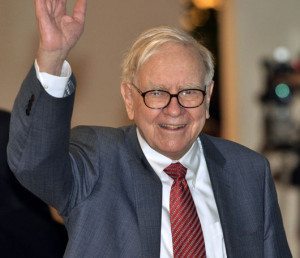 Even though Warren Buffett is one of the wealthiest people on the planet he has remained extremely frugal. He continues to live in the house that he purchased in 1958 for $31,000, he eats at local diners and still opts for simplistic, wholesome meals. He really didn’t want to buy a corporate jet and when he finally did, he named it ‘Indefensible’.
Even though Warren Buffett is one of the wealthiest people on the planet he has remained extremely frugal. He continues to live in the house that he purchased in 1958 for $31,000, he eats at local diners and still opts for simplistic, wholesome meals. He really didn’t want to buy a corporate jet and when he finally did, he named it ‘Indefensible’.
Running parallel to this frugality is Buffett’s philanthropic nature. In 2006, he made the stunning announcement that he was going to donate the vast majority of his wealth to the Bill & Melinda Gates Foundation which aims to conquer global health issues. Buffett’s total donation to the foundation numbers around the $37 Billion mark and he his donating the rest to three charities run by his children along with a donation to honour his first wife.
Conclusion
Warren Buffett is the best example of how finding a winning strategy and continuing to use and develop that strategy, (as long as it keeps winning) can generate extraordinary results.
Still, perhaps the most remarkable part of Warren Buffett’s fortune is that he plans to give most of it away. He is going to leave a legacy that will have a positive impact on the world and that is bigger than any car, home or jet that money can buy.
Warren Buffett Picture Quote
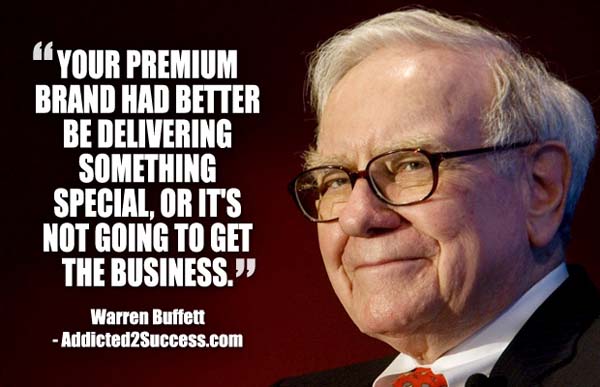
Business
9 Modern Workplace Solutions That Instantly Boost Productivity
Modern workplace solutions, smart tech, and flexible systems help teams work faster, stay focused, and drive higher productivity without burnout.

Contemporary workplaces continue to adapt to new demands and expectations. Employees seek efficiency, comfort, and flexibility in their work environments. Modern workplace solutions address these needs through technology, thoughtful design, and supportive practices. (more…)
Business
How Digital Privacy Became a New Success Metric
In a world where trust drives revenue, digital privacy has quietly become the competitive edge most businesses still underestimate.

Success today is no longer measured only by revenue, productivity, or growth. In a fully digital world, privacy has become a defining factor of long-term success. Every online interaction creates data, and every piece of data creates responsibility. (more…)
Business
How AI Agents Can Quietly Expose Your Business to Serious Risk
As businesses race to automate with AI, new attack paths are emerging that put customer data, revenue, and trust at risk.

Model Context Protocol (MCP) is the emerging open standard that lets AI models connect to external tools and data sources. (more…)
Business
Why Smart Entrepreneurs Are Quietly Buying Gold and Silver
When stocks, property, and cash move together, smart business owners turn to one asset that plays by different rules.

You’ve built your business from the ground up. You know what it takes to create value, manage risk, and grow wealth. But here’s something that might surprise you: some of the most successful entrepreneurs are quietly adding physical gold and silver to their portfolios. (more…)
-

 Business3 weeks ago
Business3 weeks agoEntrepreneur’s Guide to Pay Stubs: Why Freelancers and Small Business Owners Need a Smart Generator
-

 Business3 weeks ago
Business3 weeks agoThe Salary Shift Giving UK Employers An Unexpected Edge
-

 Scale Your Business3 weeks ago
Scale Your Business3 weeks ago5 Real Ways to Grow Your User Base Fast
-

 Business3 weeks ago
Business3 weeks agoThe Simple Security Stack Every Online Business Needs
-

 Finances3 weeks ago
Finances3 weeks agoWhy Financial Stress Is One of the Biggest Barriers to Personal Growth
-

 Business3 weeks ago
Business3 weeks agoWhy Smart FMCG Entrepreneurs Outsource What They Can’t Automate
-

 Did You Know2 weeks ago
Did You Know2 weeks agoThe SEO Traps Even Experienced Marketers Fall Into
-

 Business2 weeks ago
Business2 weeks agoWhat Every Business Owner Should Know Before Investing in API Integration




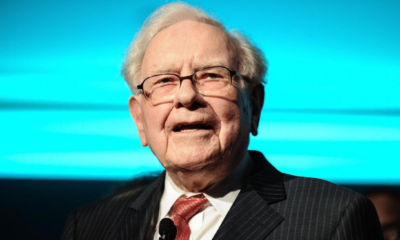

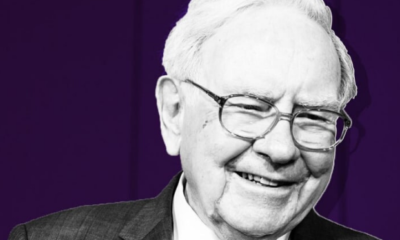



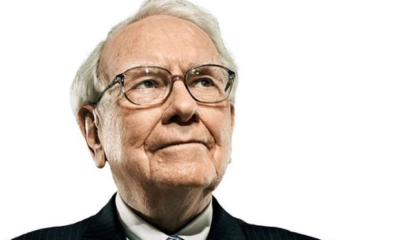

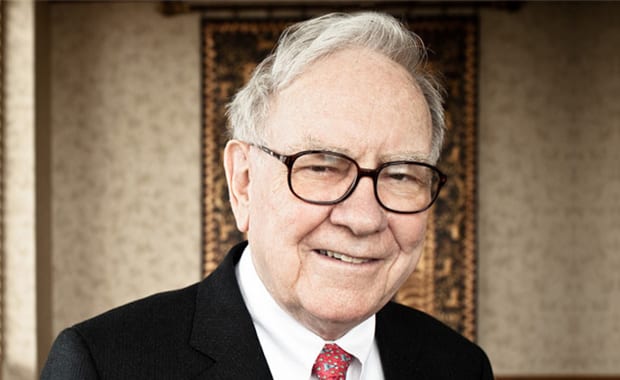















5 Comments